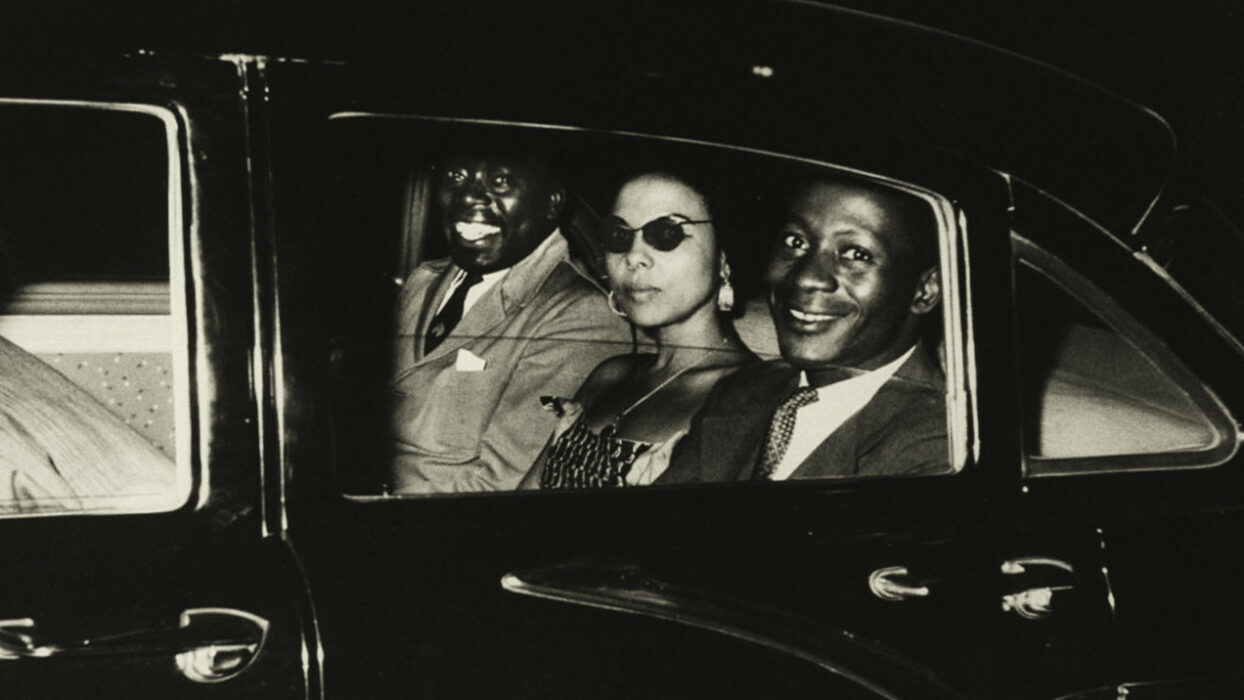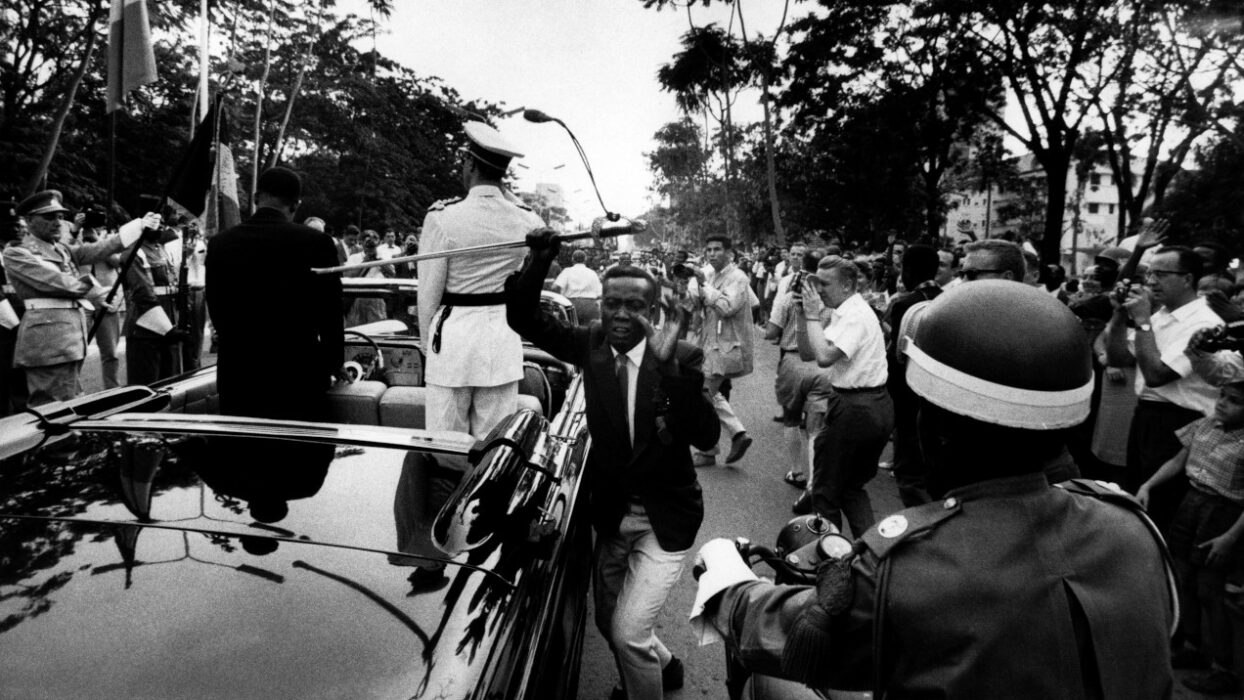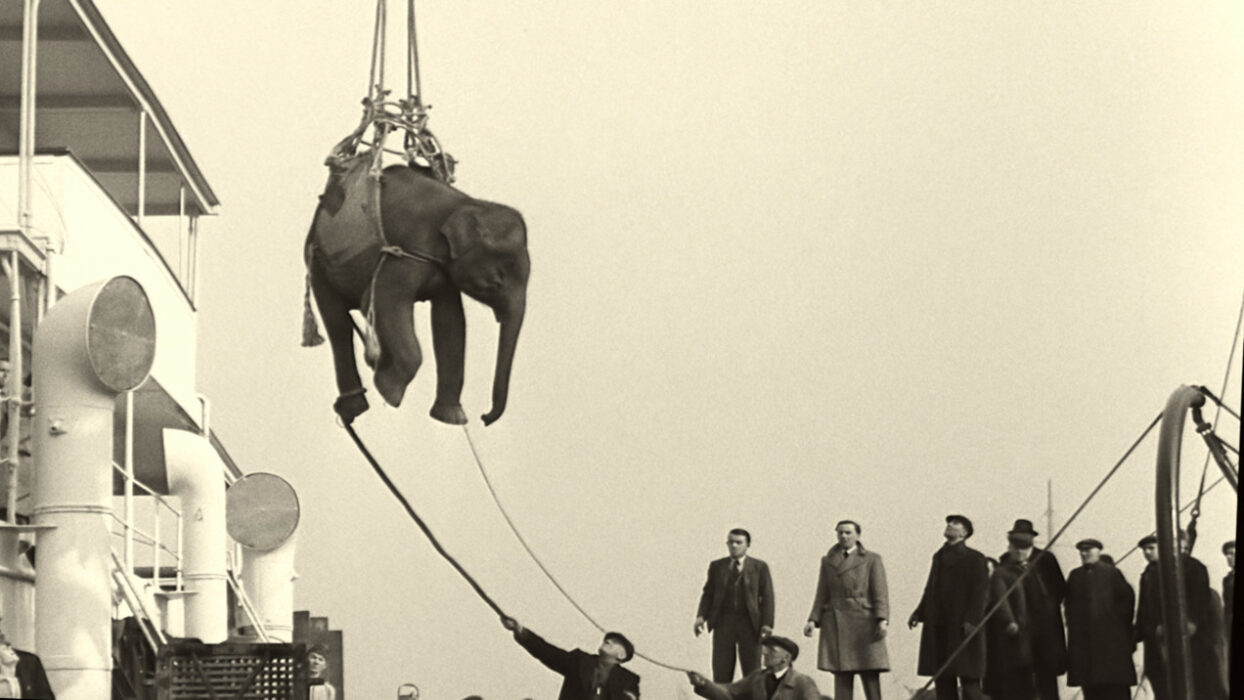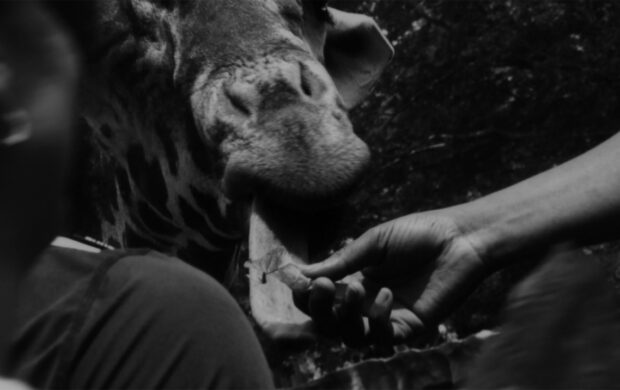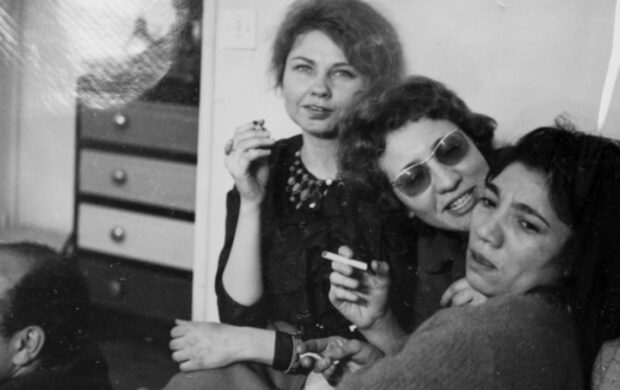Soundtrack to a coup d’état
- 2024
- Belgium, France
- 2h30
- English, French, Russian
With the Congo independence as its backdrop, the film fuses the wave of African independence, the U.S. civil rights movement, the Cold War and the U.S. most unconventional weapon: jazz.
Jazz and politics intertwine in the new film by artist Johan Grimonprez (author of Dial H-I-S-T-O-R-Y, 1997), which depicts a complex and murky international episode from the Cold War and decolonisation. With a galvanising montage of myriad archive images, this highly dense and probing story tells how musicians such as Louis Armstrong or Nina Simone were dispatched across the world by CIA fronts to distract public opinion away from the secret manoeuvres attempting to thwart the union of the newly independent African states. It describes how a peacekeeping force like the United Nations became an agent of destabilisation following the adhesion of sixteen African countries, which changed the balance of power in favour of the project for a United States of Africa around the figurehead of Patrice Lumumba. Grimonprez’s research is rooted in the secret agreement signed between Churchill, Eisenhower and the Belgian State on an option for all the uranium discovered in the Congolese mines, which were vital to maintaining America’s nuclear deterrence. Finalised three days before Congo’s independence by the privatisation of the Union Minière du Haut-Katanga, it led to Lumumba’s assassination. This story of how African self-determination was challenged is told from the points of view of Andrée Blouin, a women’s rights activist and politician of the Central African Republic, of Irish diplomat Conor Cruise O’Brien, of Belgian-Congolese writer In Koli Jean Bofane and of Nikita Khrushchev.
Antoine Thirion
- Production : Onomatopée Film / Warboys
- International sales company : Mediawan Rights
- Sound : Ranko Pauković
- Editing : Rik Chaubet
- Copy contact : Mediawan Rights - kkiefel@mediawan.com
